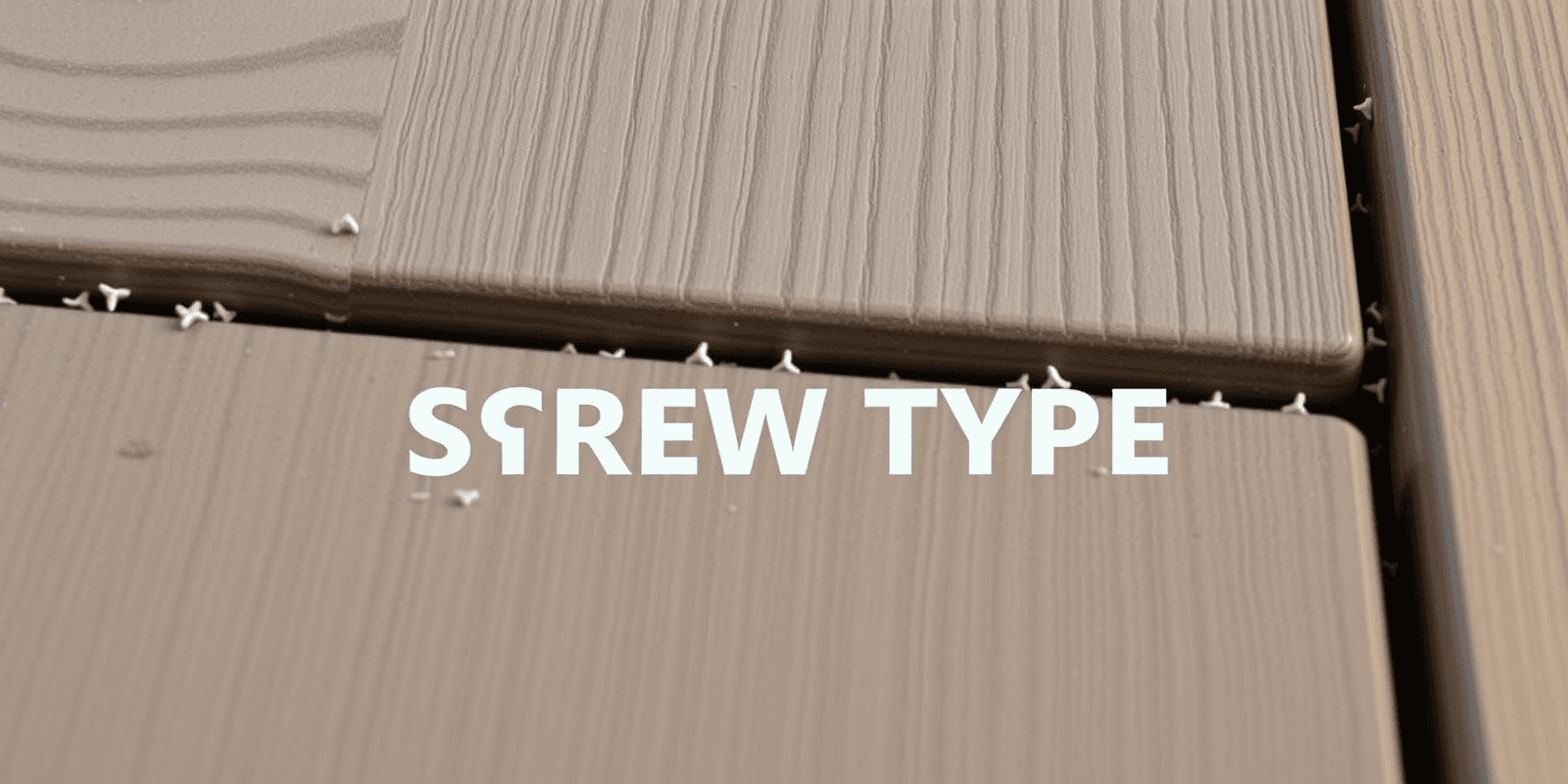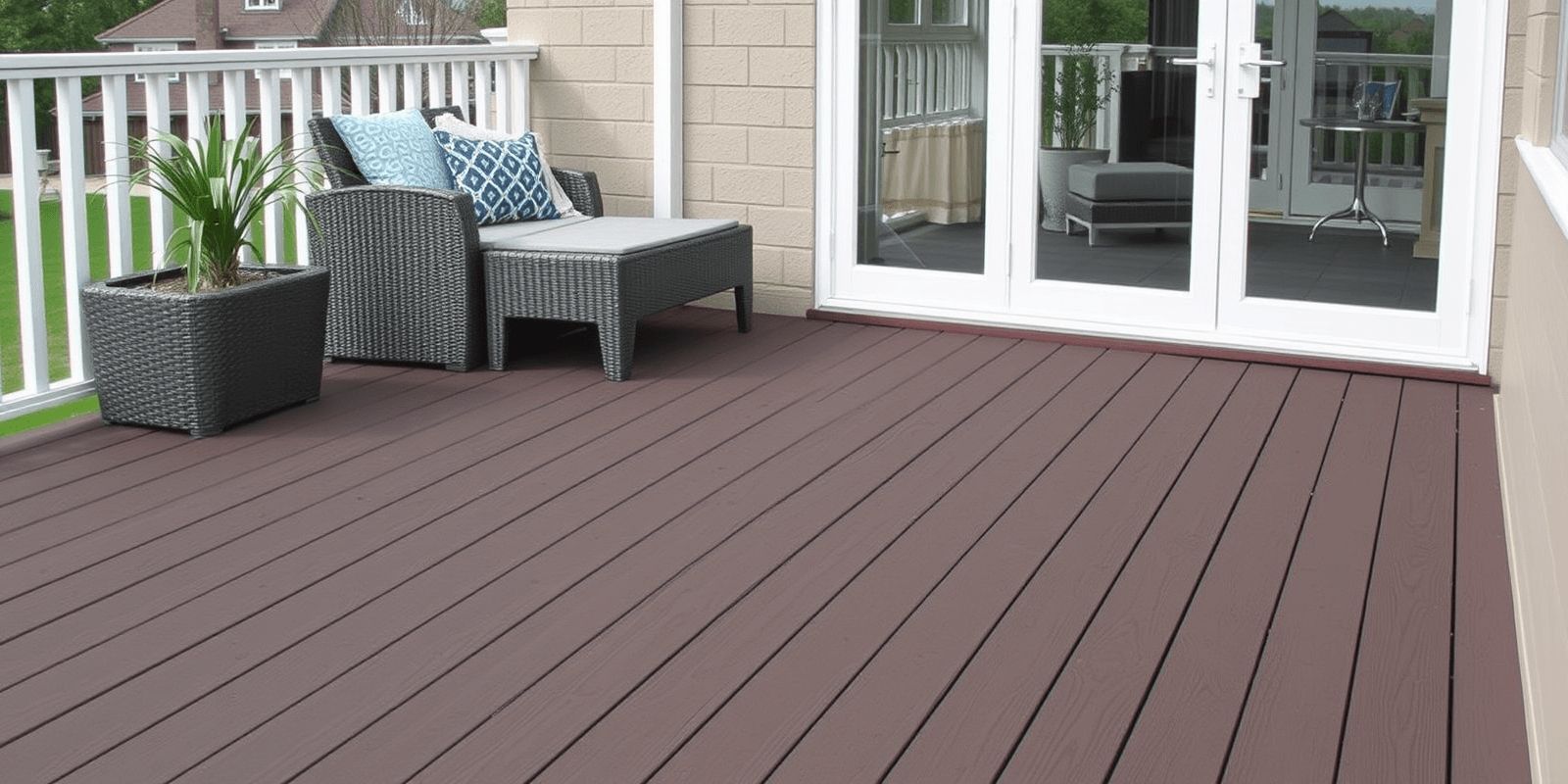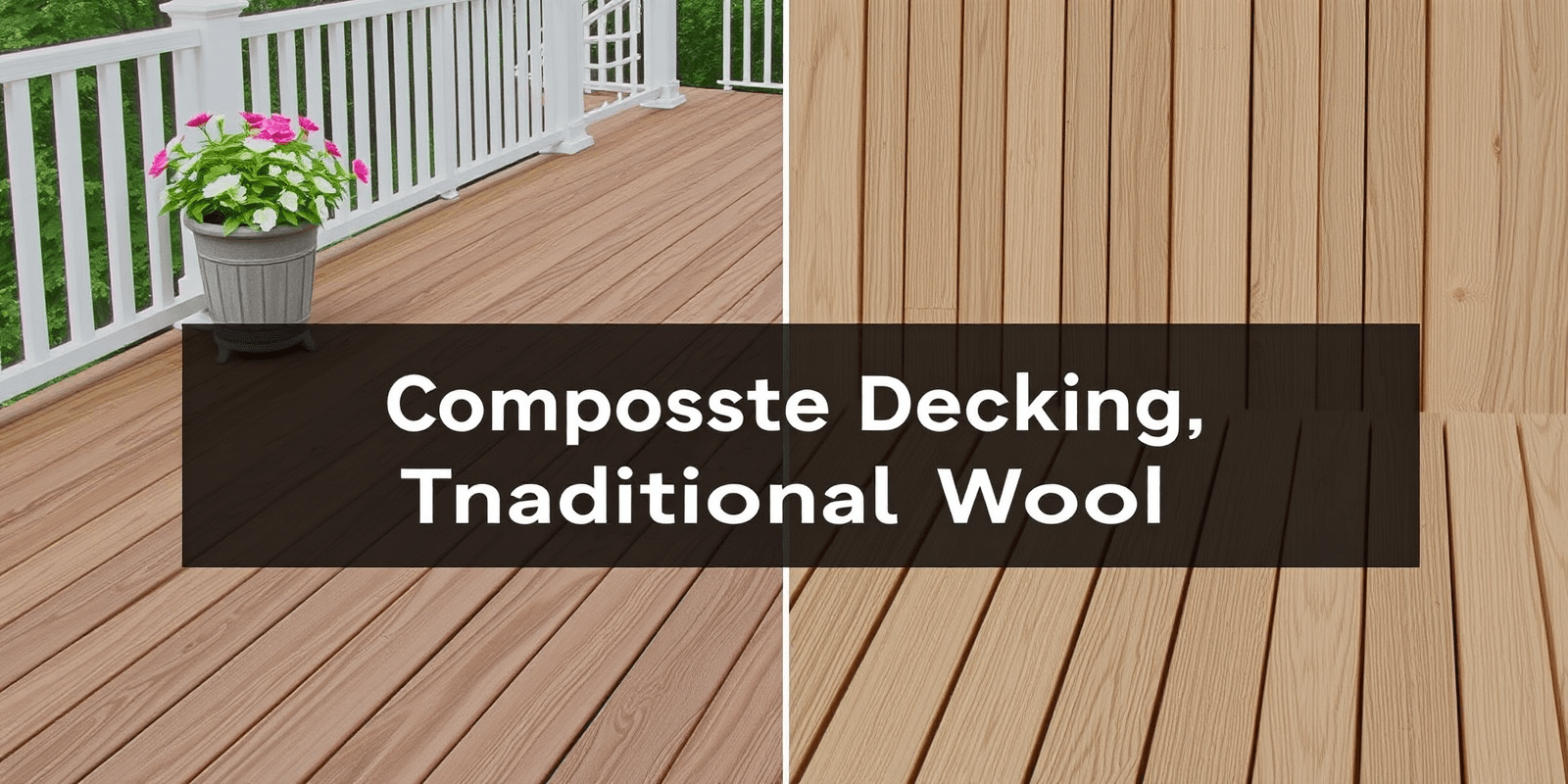“`html
The Impact of Screw Type on Composite Deck Durability
Introduction
In recent years, composite decking has become a popular choice for outdoor living spaces due to its durability, low maintenance, and aesthetic appeal. However, the longevity and integrity of composite decks are significantly influenced by the type of screws used. This article delves into how different screw types affect the durability of composite decking over time, with a particular focus on rust-resistant screws and their performance in varying environmental conditions.
The Role of Screw Type in Maintaining Deck Integrity
The screws used for composite decking play a crucial role in ensuring the deck’s structural integrity. The right type of screws can prevent issues such as splitting, cracking, and corrosion, which can compromise the deck’s lifespan. Composite decking boards are typically made from a combination of wood fibers and plastic, making them resistant to rot and insect damage. However, they still require proper fastening methods to maintain their durability over time.
Rust-Resistant Screws: A Key Factor in Durability
One of the most important considerations when choosing screws for composite decking is their resistance to rust and corrosion. Rust-resistant screws, particularly those made from stainless steel or coated with a protective layer, are highly effective in preventing degradation caused by moisture and temperature fluctuations. These screws provide superior protection against rust, even in humid or coastal environments where the risk of corrosion is higher.
Comparing Different Screw Types
Different screw types have varying levels of effectiveness in preventing splitting and cracking of composite decking boards. For instance, self-tapping screws are designed to create their own threads as they are driven into the material, reducing the likelihood of splitting. On the other hand, deck screws with a sharp point and a wider shank are better at resisting splitting and cracking, providing a more secure hold.
Another factor to consider is the head style of the screws. Flat-head screws sit flush with the surface of the deck, creating a cleaner look, while round-head screws may protrude slightly. Both styles have their advantages, depending on the desired aesthetic and functionality of the deck.
Conclusion
Choosing the right type of screws for composite decking is essential for ensuring the long-term durability and integrity of the deck. Rust-resistant screws, especially those made from stainless steel or coated with a protective layer, offer significant advantages in preventing corrosion and maintaining the deck’s appearance. Additionally, selecting the appropriate screw type based on factors like self-tapping capabilities and head style can help prevent splitting and cracking, further enhancing the deck’s lifespan. By considering these factors, homeowners can enjoy a beautiful and functional composite deck for many years to come.
“`



